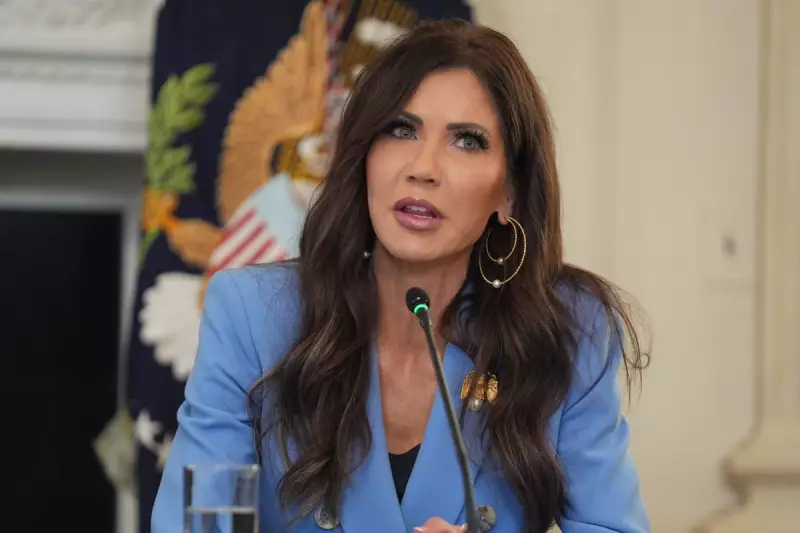
In a striking move that has captured national attention, South Dakota Governor Kristi Noem has declared her intention to ensure Coast Guard personnel continue receiving their salaries even if the federal government grinds to a halt.
State Intervention in Federal Crisis
Governor Noem revealed her contingency plan during a recent interview, stating she would deploy state resources to cover Coast Guard paychecks should Washington politicians fail to reach a budget agreement. This unprecedented state-level intervention highlights the growing anxiety surrounding potential government dysfunction.
'When our federal government fails in its most basic duties, states must step up,' Noem asserted, positioning herself as a defender of military families who often bear the brunt of political gridlock.
Political Implications and National Security Concerns
The announcement comes amid heightened tensions in Congress, where budget negotiations have repeatedly stalled. Military analysts warn that payment disruptions could severely impact morale and operational readiness within the Coast Guard, which maintains critical responsibilities including:
- Maritime security and law enforcement
- Search and rescue operations
- Port and waterway safety
- Environmental protection
Noem's pledge represents a significant political statement, challenging the federal government's ability to fulfill its fundamental obligations to military personnel.
Historical Context and Precedent
While previous government shutdowns have seen military branches like the Navy and Army continue operations, the Coast Guard's unique position within the Department of Homeland Security has historically made its funding more vulnerable during budgetary impasses.
'This isn't just about politics—it's about supporting the men and women who protect our coasts every single day,' Noem emphasized, framing the issue as both a practical necessity and moral imperative.
The governor's announcement has sparked debate about state-federal relationships and emergency funding mechanisms, raising questions about how other states might respond to similar crises in the future.





